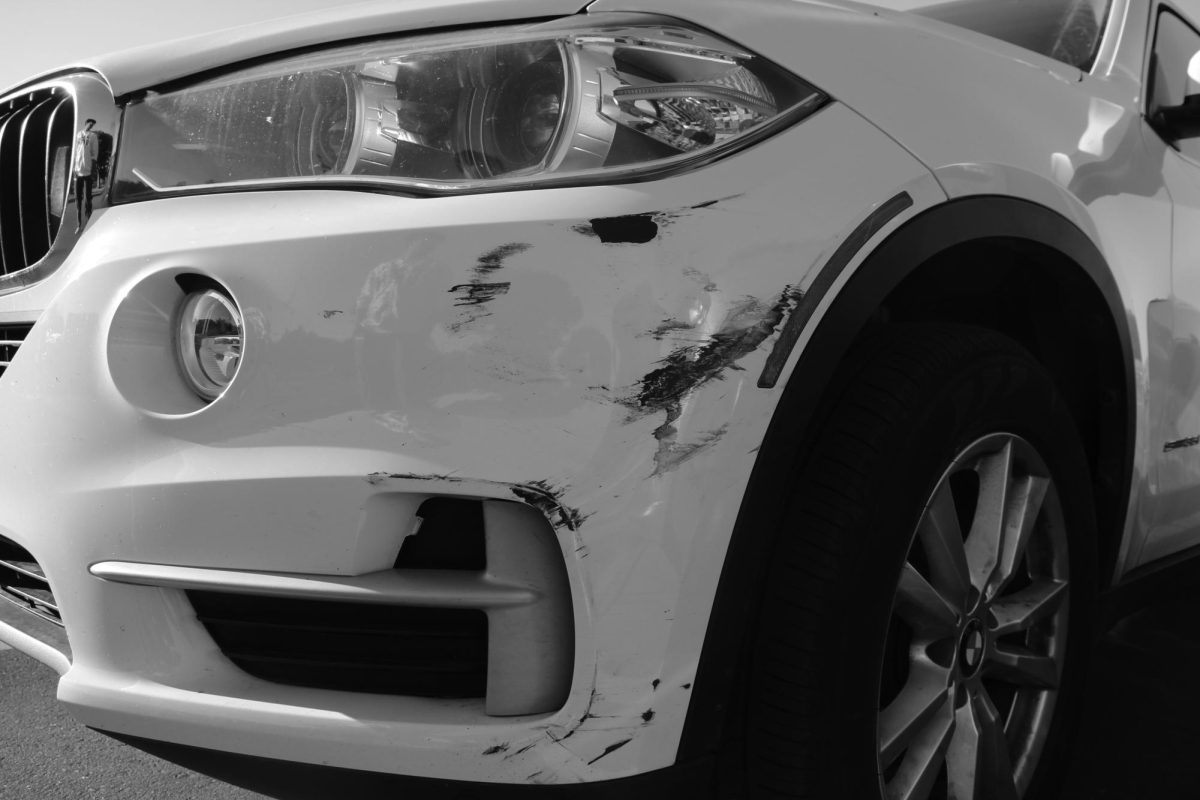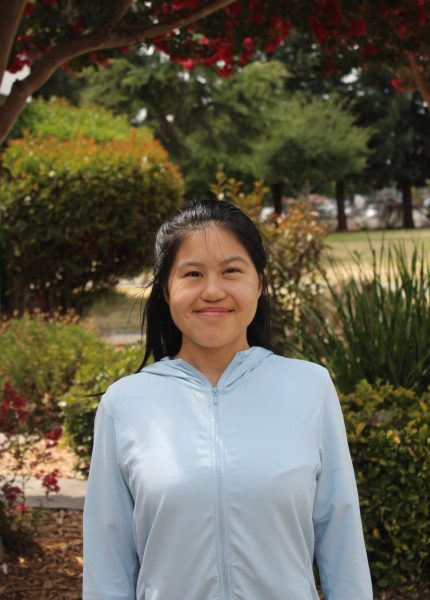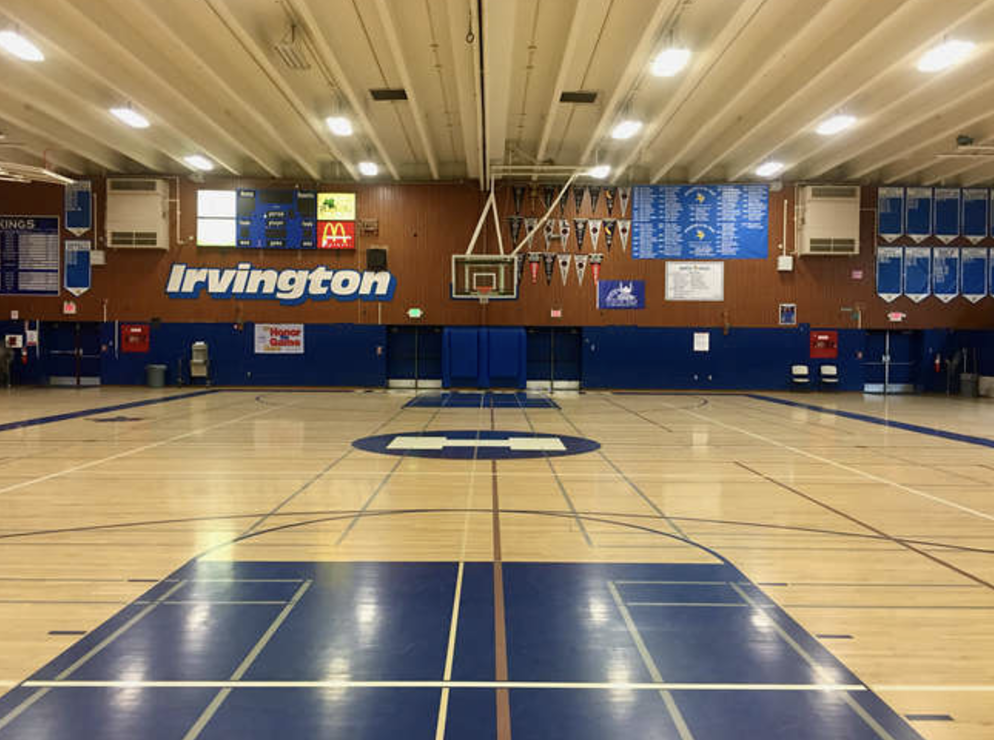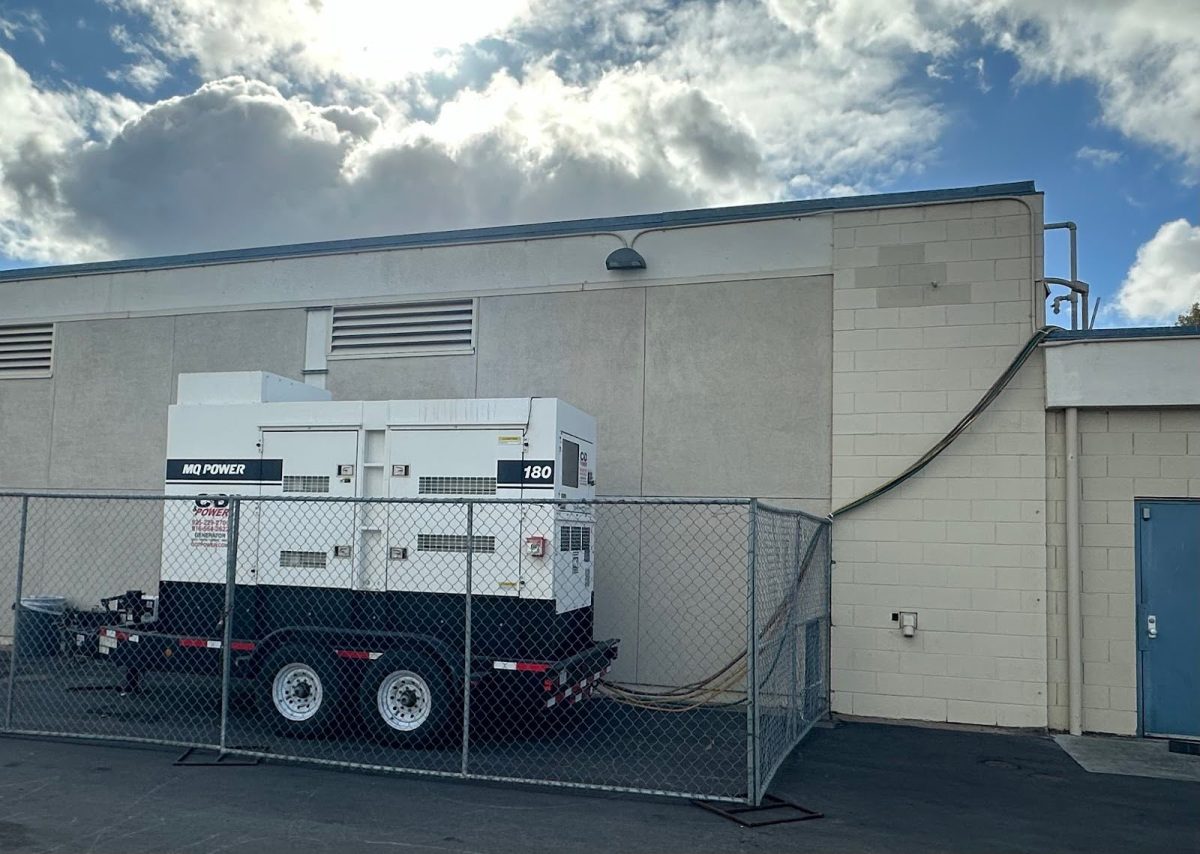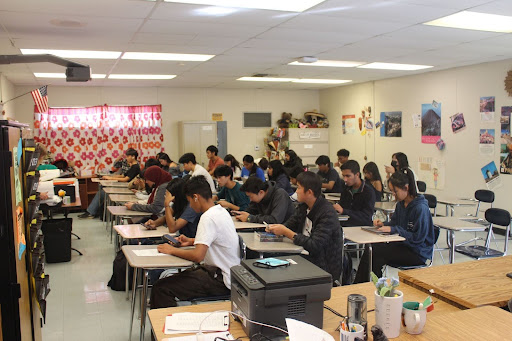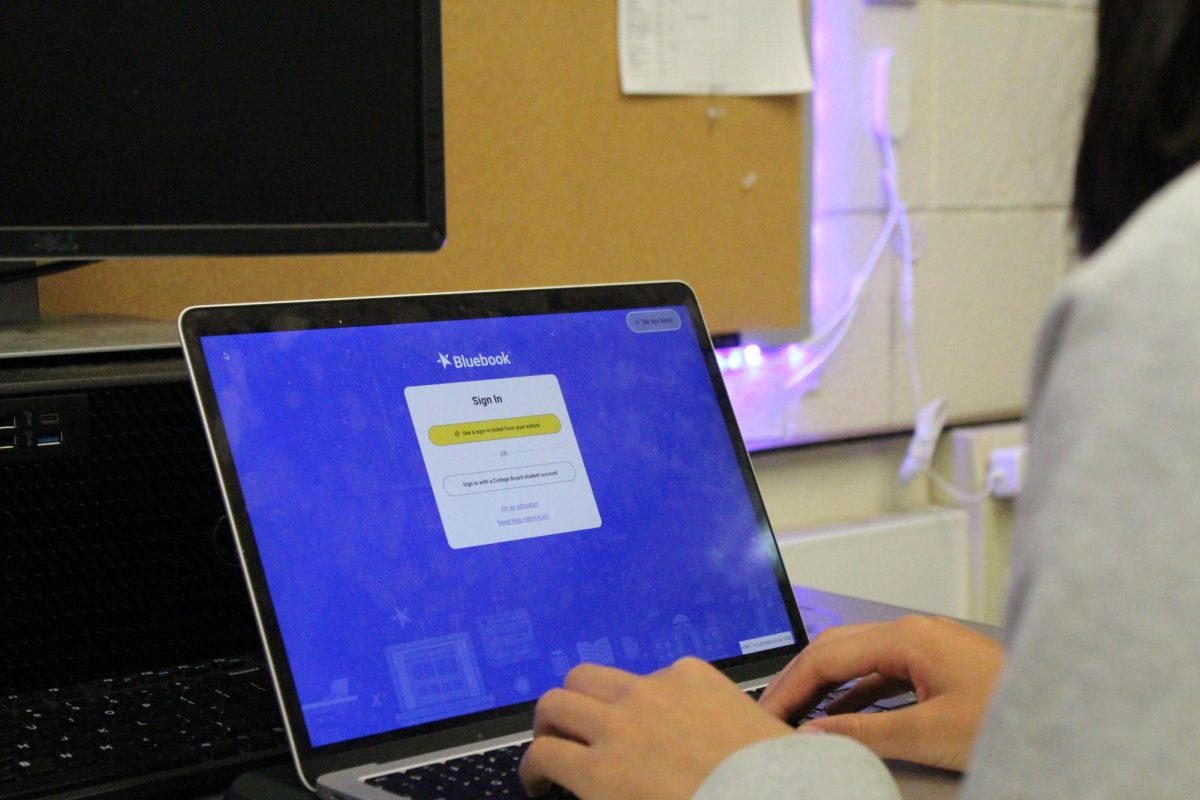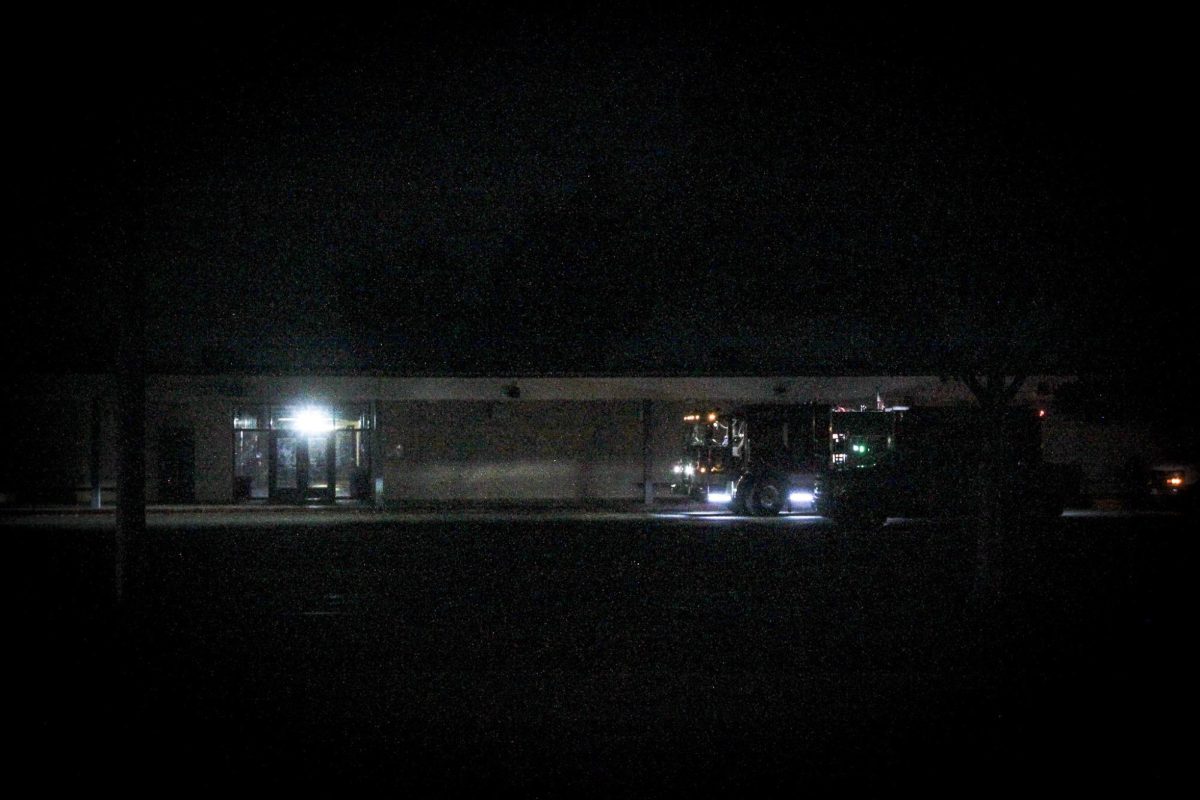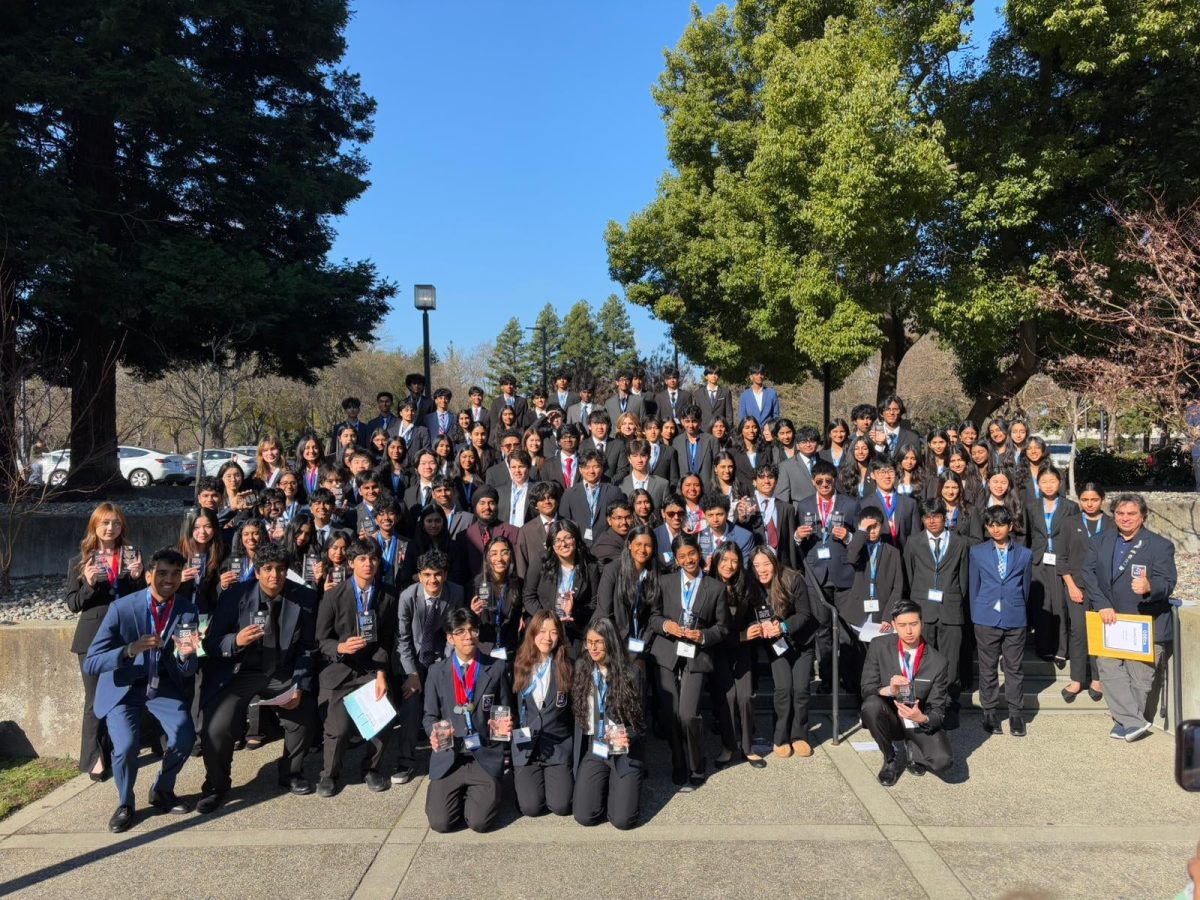Irvington High School’s parking system has been in practice since at least 2018, though the parking permits issued to students has led to more recent disgruntlement amongst the vehicle-driving student population. The parking permit system primarily affects upperclassmen, who make the overwhelming majority of student drivers on campus. Students wishing to park in the main parking lot must purchase parking permits from Viking Vendor, in addition to completing a separate contract. Students must adhere to the school’s rules, as students are unable to use their vehicles during the school day aside from during lunch time. Fines for violations of the contract can reach up to $50, with repeated offenders liable for having their permit revoked.
Concerns about the system’s less-than-concrete structure have arisen amongst the student body. William Yang (12), is one such student. His car was scratched in the main parking lot on Thursday, October 17. “The school [has] taken no liability for accidents occurring on its own campus grounds,” stated Yang. There have been questions as to where the $15 every student must pay to acquire a parking permit are used. The Voice has found no indication of this absence of liability from the school’s side mentioned on the permit contract. Several students find it unfair that the school charges $15 for the parking permit but does not help in mediating accidents or providing security.
The school’s administration holds a different perspective on the permit issue. To receive a permit, students must submit a student ID, driver’s license, vehicle registration, proof of insurance, and a copy of last semester’s grades. The parking permit system is necessary to ensure students who park are students who attend the school. Violations are frequently issued out on the Irvington campus, particularly in regards to students who have bought a permit but have not filled out a contract. These violations are issued during FLEX, acting as periodic reminders to students to get permits if they have not already. “We write like 15 or 20 tickets and then wait a couple weeks,” explained Mr. Mccalley. “Generally, what happens is that word of mouth spreads and we get a rush of students that come to my office and purchase their permits.”
“A lot of [students] buy it and they assume the minute they bought it they can park there,” explains Ms. Hassanin, another campus supervisor. “But it’s a contract, and in the contract that they have to fill out, we ask for physical proof.”
Although a common qualm shared amongst students surrounds the fact that permits do not make their driving experience safer or help resolve disputes during accidents, the administration says they have no responsibility for any car accidents that occur. They also have no authority over parking after school hours. “There’s nothing we can do about it,” says Hassanin. “Our job is just to observe and report.”


